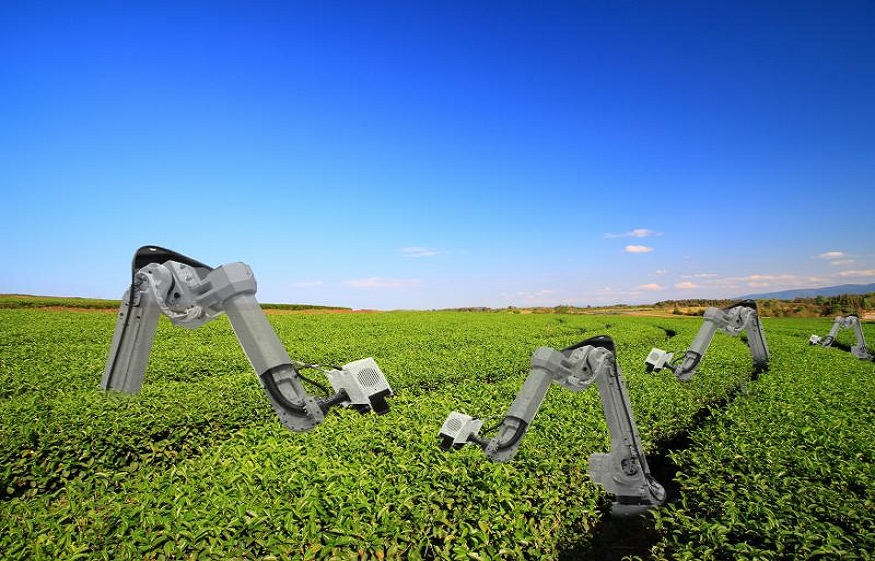Conventional pest control strategies are facing challenges like never before. Growing chemical resistance, environmental fears, and the need for safer solutions all add pressure on the sector.
We always like to discuss the way technology is changing the face of pest management. Intelligent sensors sense pest activity before there is significant damage. Organisations rely on automation to keep an eye on things 24 hours a day without any human interference. Infestation patterns can be ascertained with astonishing accuracy through data analytics.
The pest industry is on the brink of change. Robots automate the hard work, decrease human contact with toxic substances. AI crunches environmental data to optimize treatment. Artificial intelligence sifts through huge banks of pollution data to identify the causes of a variety of common chronic conditions. These advances offer the potential for improved, all-natural, and cost-effective pest control.
Expert pest control teams are still needed to understand and manage this technological change. Professionals know what works best for certain pest issues and types of property. They see that things get implemented correctly and safely in accordance with all regulations. More info can be found inside, so stick with us until the end.
What Does the Future Hold For Pest Control?
Smart Detection Systems
Pest control of the future depends on smart detection networks. Motion sensors, heat sensors, and acoustic detectors team up to catch pest activity in real time. The systems work around the clock, warning of issues before they get too bad.
Additionally, computer vision capabilities allow automatic recognition of various pest species. Species identification and population studies are conducted by taking detailed images using high-resolution cameras. The accuracy of the algorithms increases as they process millions of pest images.
Robotic Treatment Solutions
A new generation of autonomous robots is revolutionising pest treatment delivery. These devices trawl estates on their own, spraying treatment with accuracy that is better than any human can manage. They can get into small spaces, crawl through attics, and service locations without putting workers in danger zones.
The global robotics market is estimated to be $39.8 billion in 2023, and it is expected to reach $163.51 billion by 2032. This growth drives innovation in specialized pest control robotics.
AI-Powered Predictive Analytics
The recorder, which comes with integrated sensors, can forecast insect activity weeks ahead with the assistance of weather data, seasonal patterns, and past infestation reports. The property managers get early warnings and can take precautions before problems escalate into issues.
Sustainable Treatment Methods
The next generation of pest control is all about being environmentally friendly. Botanical biopesticides, in place of synthetic chemicals. Technology progresses IPM to the next level. Pest counts, weather conditions, and treatment efficacy are all measured by sensors in real time. This information is used to make decisions about when to treat and which treatment modalities and intensities are appropriate.
Will Traditional Pest Control Still Work In Future?
Traditional pest controls will still have their place, but they will change dramatically. Chemical control measures remain the key tools, particularly as an emergency response in extreme cases of infestations. But the process can be narrowed and tailored with the aid of technology.
Physical barriers and trapping continue to serve as significant components of IPM programs. Such methods complement digital monitoring for better efficacy. Classic monitoring methods are integrated with sensor information for a complete pest evaluation.
Technology advancements will never remove the need for human professionals. Technicians with experience are able to interpret data to make treatment decisions and refine strategies for specific site features. Technology augments their ability, instead of replacing human judgment.
Making the Smart Choice for Modern Pest Management
It is a modern pest industry that respects the history and results of our most successful techniques. Intelligent sensing devices, automation systems, and machine learning platforms enable more efficient, sustainable, integrated pest management solutions. These developments mean you can use fewer chemicals, more accurately treat an issue, and achieve better results over time.
The old ways never die, they just get more accurate through better technology. Technician ‘know-how’ is still essential to a successful pest control, as technicians, particularly those with significant experience, inform the application and tailor approaches to particular circumstances.
The future of pest control can provide a lot of cool opportunities for better, safer solutions. Technology works to augment human knowledge rather than to replace it, leaving the potential for better pest management.

